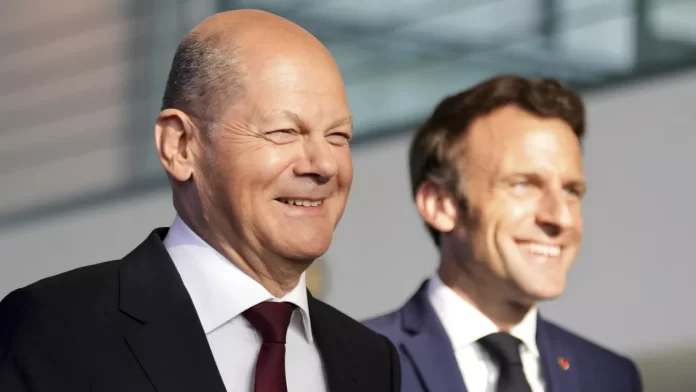A panel of experts commissioned by the two countries has outlined structural changes they say are needed to welcome eight new members to the bloc and reconsider decision-making mechanisms, CGTN reports.
Ukraine, Moldova, Serbia, Bosnia and Herzegovina, North Macedonia, Montenegro and Albania may be ready to join the EU in the next decade. However, the most influential member states of the bloc believe that a number of reforms should be carried out before the integration.
One of the main proposed changes would be the division of EU membership into four clearly defined levels.
The first tier will consist of countries that use the Euro and are part of the Schengen free movement area. The second will include EU countries that are not fully integrated and may not use the Euro.
The third level is associated membership: it includes countries that want to trade with the EU, have access to its single market, but are not able to participate in political decisions and do not have full membership. This includes countries such as Switzerland and potentially the UK.
The fourth, the broadest one, is the European Political Community, which includes all the other European countries that will meet twice a year. One of the co-authors of the report said Brussels should start with small changes.
We proposed really modest reforms to allow a better functioning of the various institutions. For instance, reducing the numbers of members in the European Parliament, because it’s becoming ridiculous.
“If we use the same rules we have, we’ll end up with 1,000 members which is totally pointless. We need to reform decision making within the council. Today some decisions are still taken at unanimity, which is making decisions super difficult.”
The panel also adopted the timeline set by EU Council President Charles Michel who claimed that the EU should be ready to welcome new members by 2030. Experts believe the move will help to motivate aspiring members.
Iulian Groza, Executive Director of the Institute for European Policies and Reform and a former Deputy Foreign Minister of Moldova, claimed the timeline was important because specific dates would help to accelerate the accession process.
The timeline helps to substantiate the political ambition we have here in Moldova to advance in the accession process. Talking dates is important because setting milestones helps to push the process.
However, the proposals serve only as an opening argument in a debate that is likely to continue in Brussels for months, if not years. Even if the bloc’s member states agree on how to reform EU institutions, adapting existing policies will be another long and difficult challenge.
